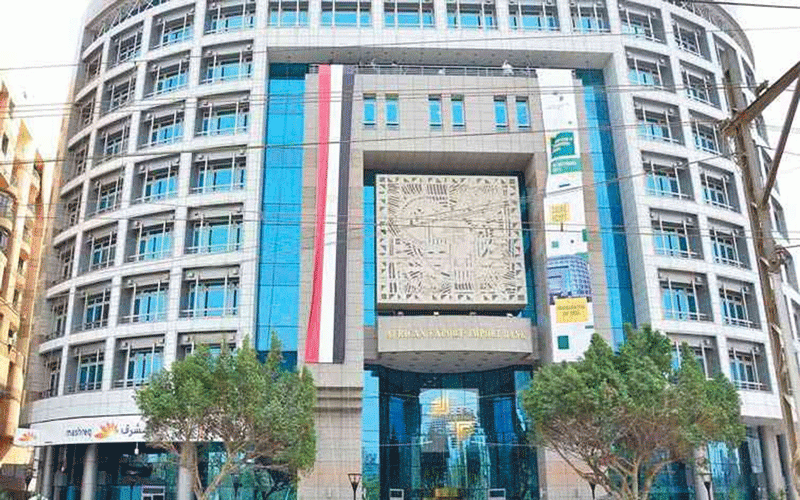
THE African Peer Review Mechanism (APRM) sprang into action this week, saying Fitch Ratings’ downgrade of Afreximbank was based on “flawed loan classification”.
Last week, the American credit rating agency lowered Afreximbank’s long-term foreign currency issuer default rating to ‘BBB-’ with a negative outlook from ‘BBB’.
Fitch considered Afreximbank’s exposure to the Ghana sovereign (2,4% of loans) as non-performing.
Combined with other exposures that Fitch considers non-performing (such as South Sudan, 2,1% of loans and Zambia, 0,2%), its measure of the non-performing loan (NPL) ratio deteriorated to 7,1% as at end-2024, surpassing the 6% "high" risk threshold.
In contrast, Afreximbank's reported NPL ratio (which excludes the exposures to Ghana, Zambia and South Sudan) improved to 2,3% in 2024 (2023: 2,5%), the credit rating agency said.
This jolted the APRM into action, with the African Union agency noting “with concern Fitch Ratings’ misclassification of Afreximbank’s sovereign exposures to the governments of Ghana, South Sudan and Zambia as NPLs.”
The classification, it said, raised critical legal, institutional and analytical issues which the APRM strongly contests.
The assumption that Ghana, South Sudan and Zambia will default on their loans to Afreximbank is inconsistent with the 1993 treaty establishing the bank, to which Ghana and Zambia are both founding members, shareholders and signatories, APRM said.
- MIHR petitions govt on Lubimbi relocations
- ‘Timely IMF boost saved Zim’
- In Full: Twelfth post-cabinet press briefing: May 10, 2022
- Blocked funds choke NMB
Keep Reading
The multilateral treaty signed in 1993 is legally binding on all member countries, imposing specific legal obligations related to the bank’s protection, immunities and financial operations, it said.
It is described as “legally incongruent” to classify a loan to member countries as non-performing, especially when the borrower States are shareholders in the lender institution and no formal default has occurred and none of the sovereigns have repudiated the obligation.
The APRM wants Fitch Ratings to re-examine its criteria and assumptions in this case and to engage in technical consultations with Afreximbank and other relevant African stakeholders. Objective, transparent and context-intelligent credit assessments are critical to ensuring fair treatment of African institutions in the global financial system, it said.
There have been concerns that Africans are getting the short end of the stick in the international financial system, accessing money at a high cost.
The United Nations Economic Commission for Africa (ECA) has been at the forefront in calling for urgent reforms to sovereign credit rating practices “that continue to undermine African countries’ access to affordable capital, despite clear signs of macroeconomic resilience and structural reform across the continent.
Speaking at the opening of the inaugural Africa Annual Credit Ratings Conference in Cape Town last month, Zuzana Schwidrowski, director of ECA’s Macro-economics, Finance and Governance Division, said outdated and inconsistent rating methodologies were contributing to disproportionately high borrowing costs for African nations.
Credit ratings, Schwidrowski said, were more than technical assessments. They shape the continent’s access to development finance, influence investor sentiment and directly affect the cost of capital, she said.
Calculations done by ECA showed that African countries experienced high cost of borrowing.
Calculations showed that if Germany and Zambia were to borrow US$1 billion, the two countries would pay interest of US$229 million and US$2,5 billion, respectively over 10 years.
The huge gap is due to differences in interest rates. Whereas Germany would borrow at 2,29% per annum, Zambia would borrow the same amount at 22,5% per annum.
The high cost of capital has perpetually trapped African countries in debt, which has diverted resources meant for development to debt servicing. The latest Fitch downgrade of Afreximbank should be a wake-up call for African leaders to amplify their voice on the reforms of the global financial system.






